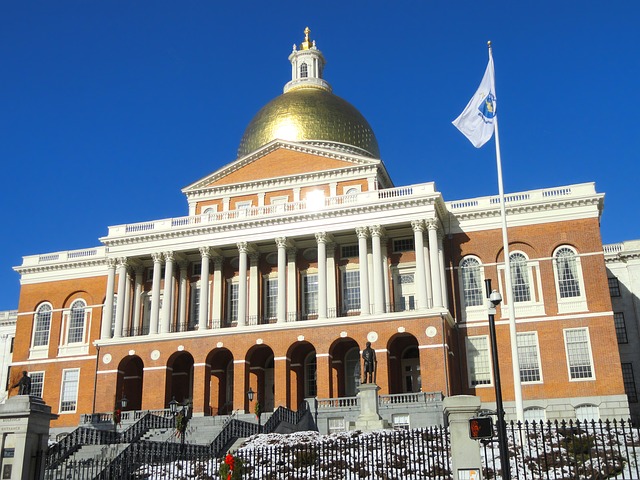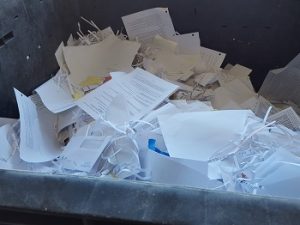
The American Council for an Energy-Efficient Economy Massachusetts has named Massachusetts the most energy-efficient state in the country for eight consecutive years. And, with good reason. The state has set the ambitious goal of reducing emissions 80% by 2050.
The state’s Joint Committee on Telecommunications, Utilities, and Energy recently advanced a group of energy efficiency bills to the MA Ways and Means Committee, the next step toward passage. The thinking is these bills have a strong chance of becoming law.
The four bills include proposals that would create a program to convert low-income housing into energy neutral buildings, enact energy performance standards for large buildings and a range of appliances, and encourage the adoption of heat pumps for heating and cooling.
One bill proposes to measure and eventually reduce energy use by large buildings. The bill would require owners of buildings larger than 15,000 square feet to start tracking and reporting their energy consumption by 2021.
Another bill, known as the Energy SAVE Act (H. 2832), would apply performance standards to 17 categories of residential and commercial appliances, from home air conditioners to restaurant fryers. Only equipment that meets these standards could be sold in the state. These standards could prevent nearly 160,000 metric tons of carbon dioxide from entering the air each year, the equivalent of removing nearly 35,000 cars from the road, according to Environment Massachusetts.
A third bill would set goals for the adoption of heat pump and other clean technology for heating and cooling buildings and water.
The final bill strives to bring energy efficiency to low-income residents. The legislation (S.1942) calls for a yearlong study of existing incentives and programs that help low-income households achieve net-zero energy use, defined as generating as much energy as they consume over a given time period. Following the study, the state would be mandated to deploy at least two pilot programs to retrofit low-income housing to a net-zero standard.
Kudos to the Bay State for its leadership in the energy efficiency front.





